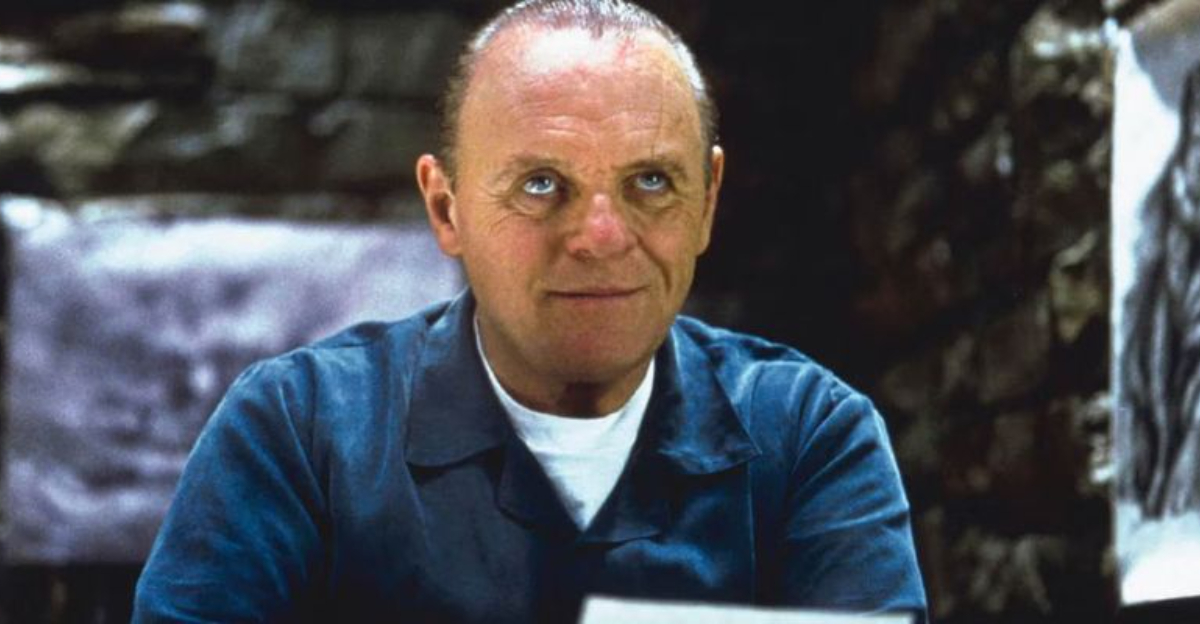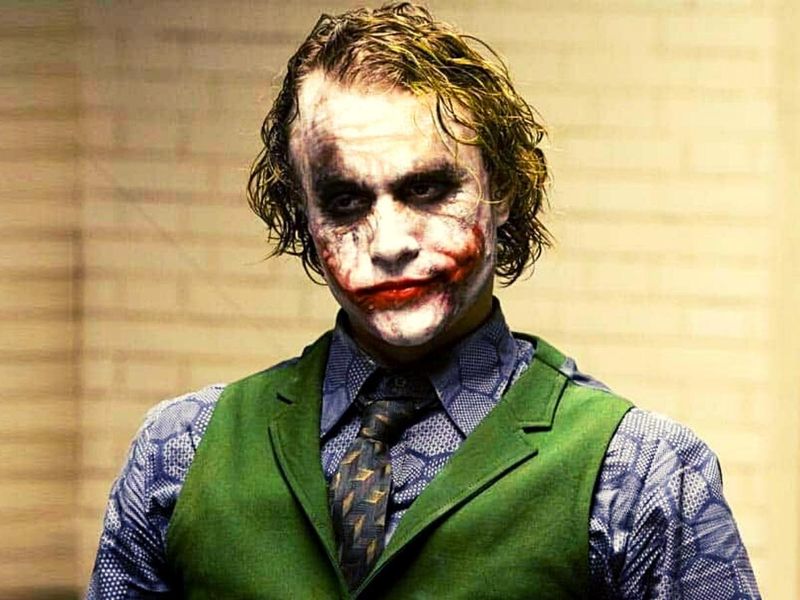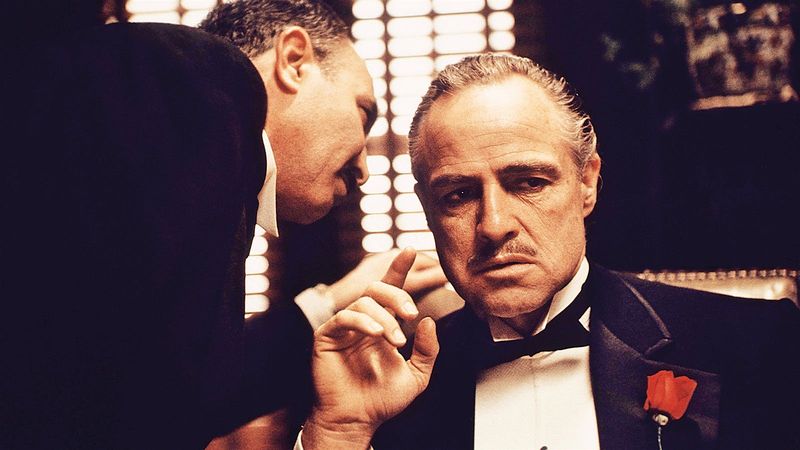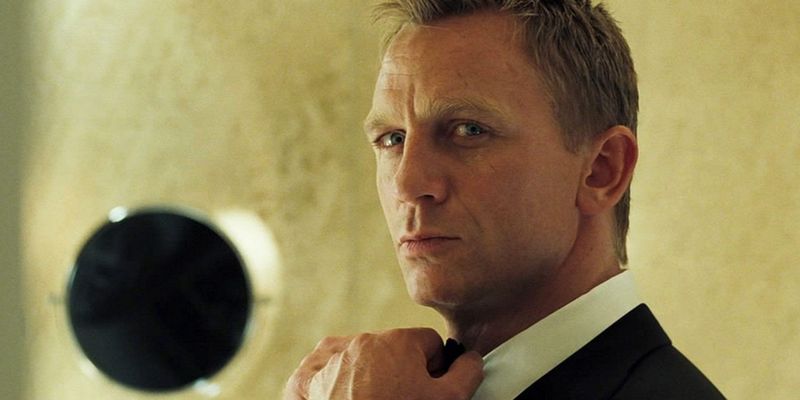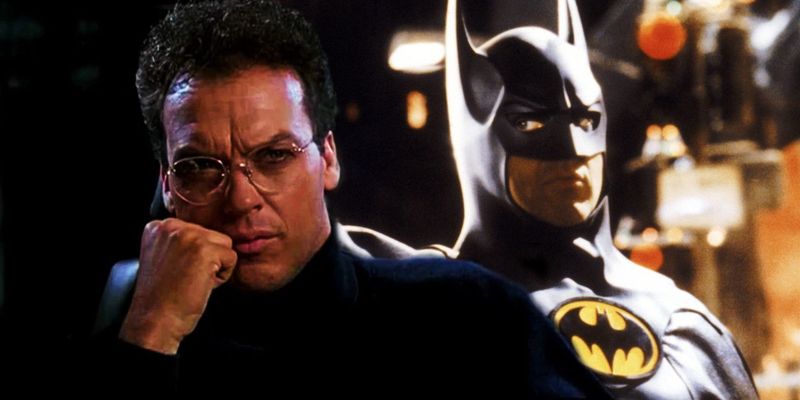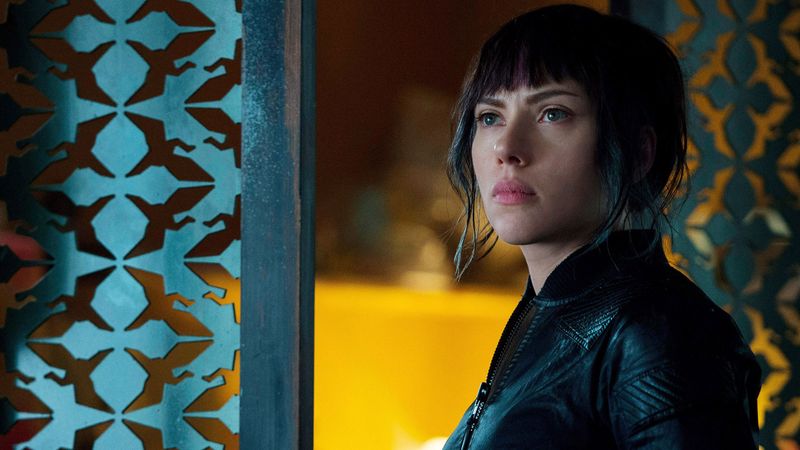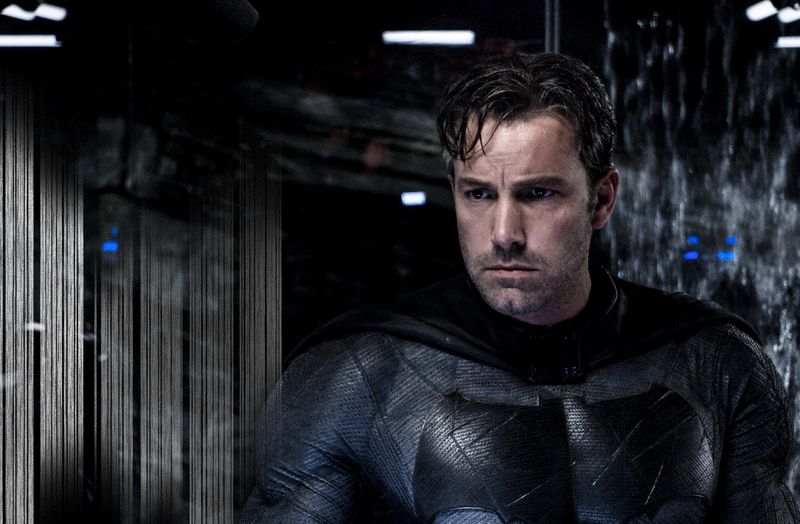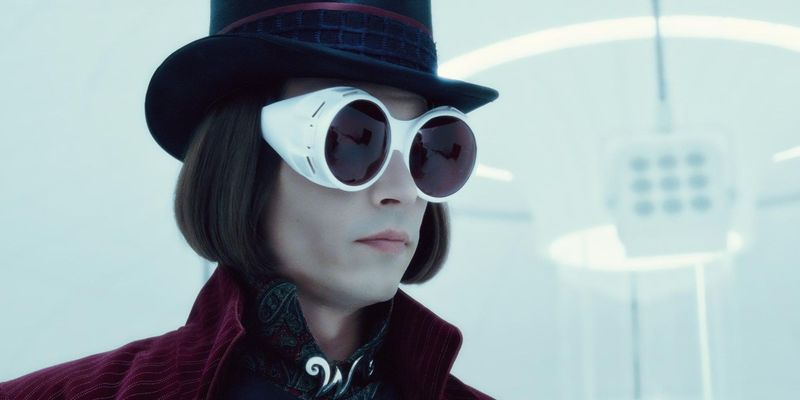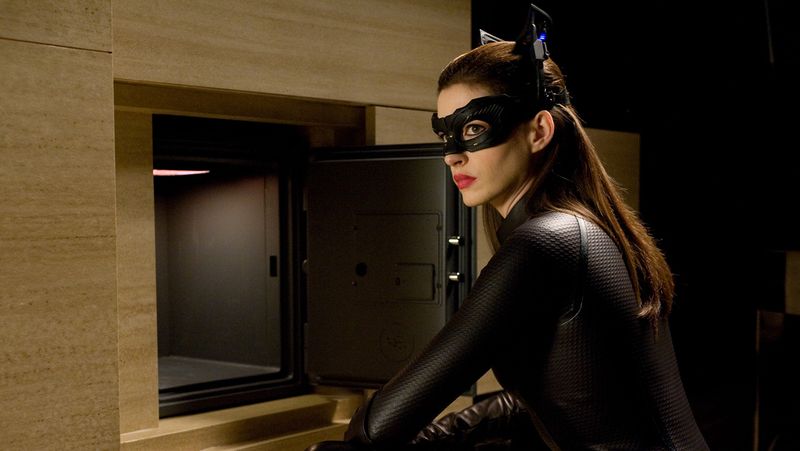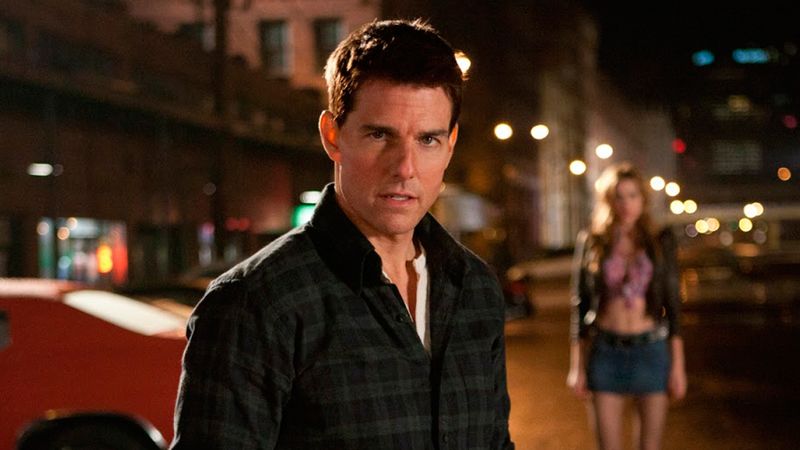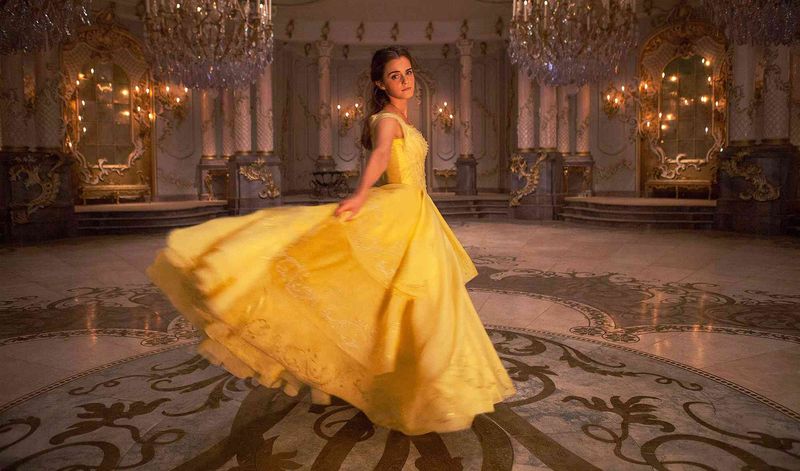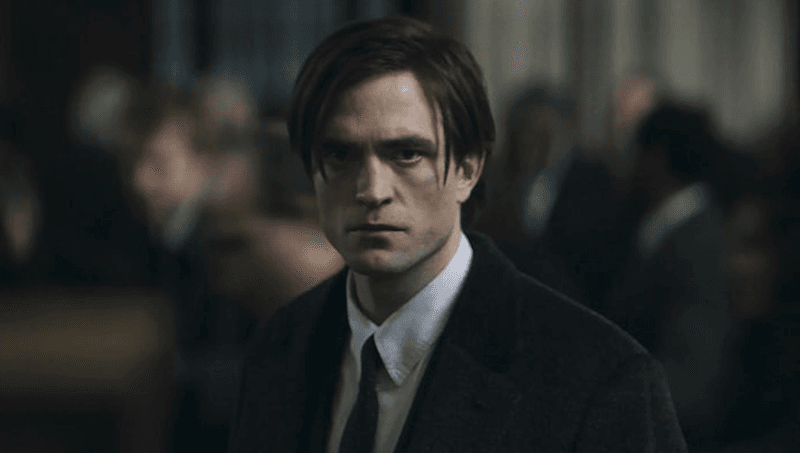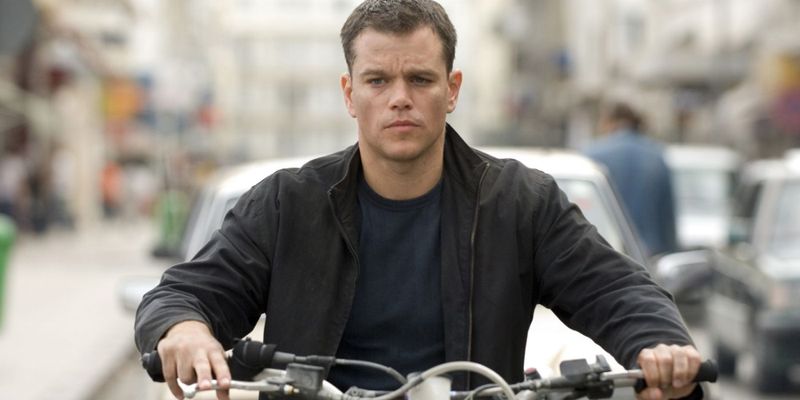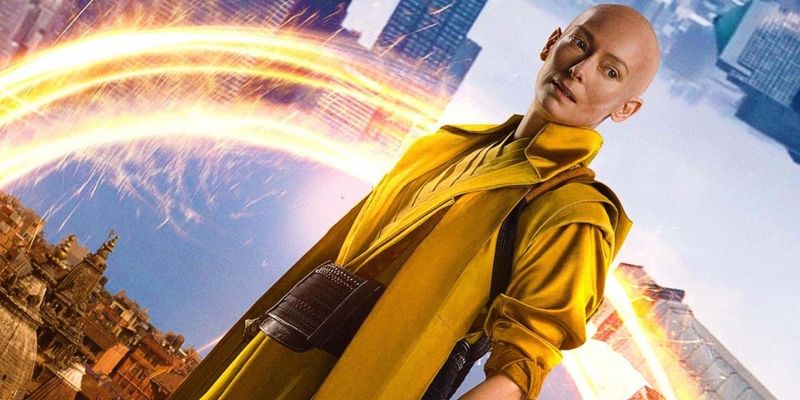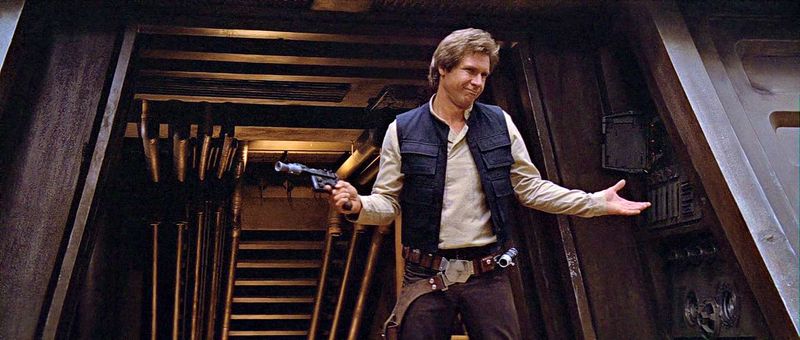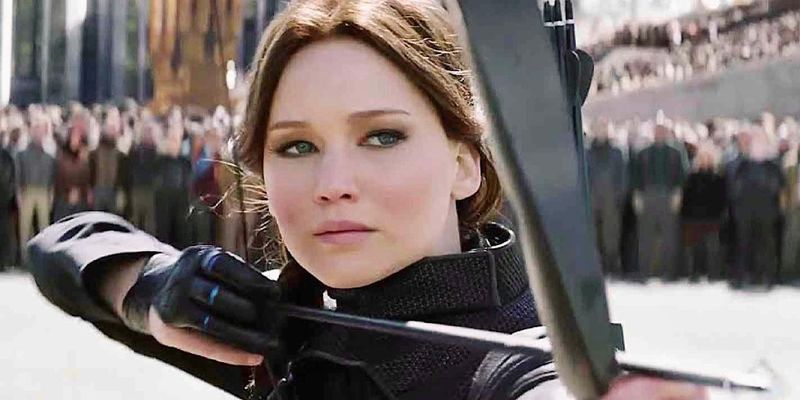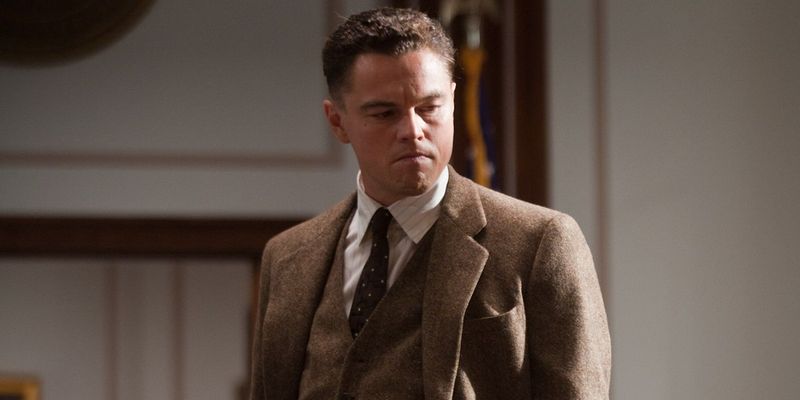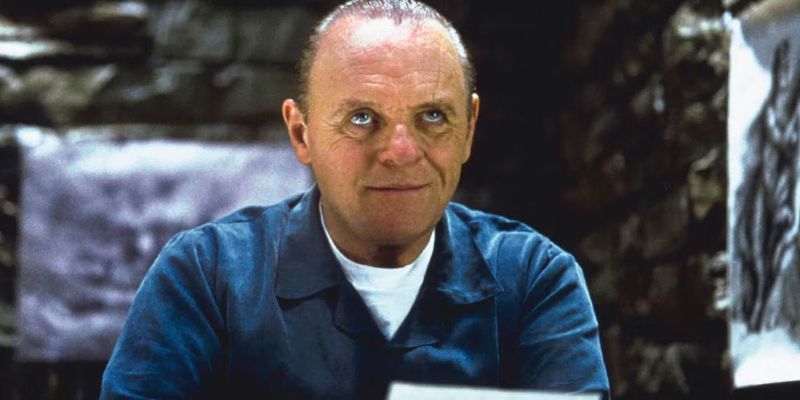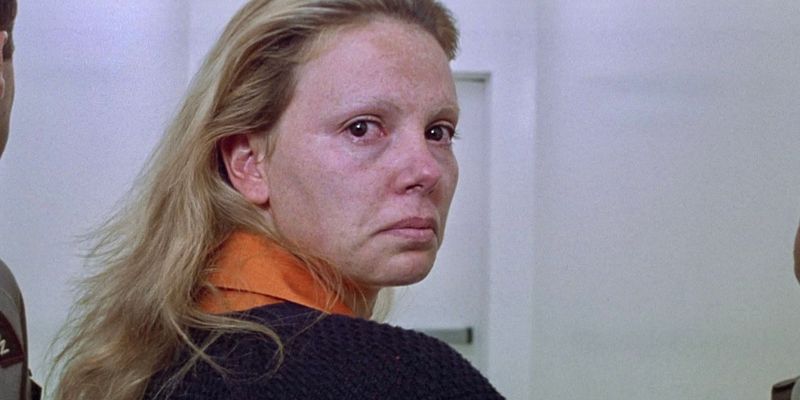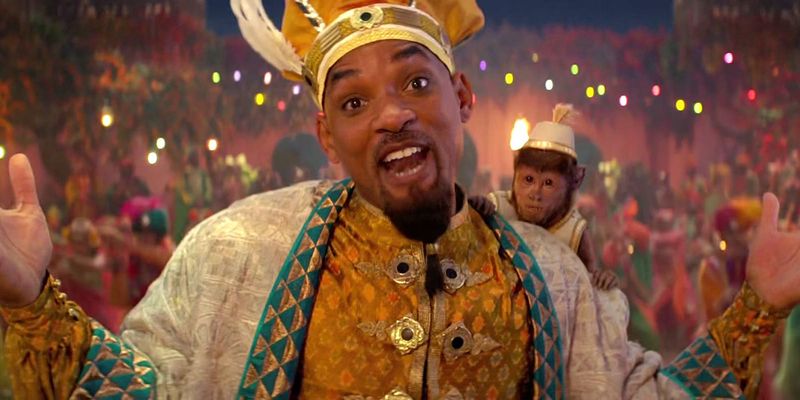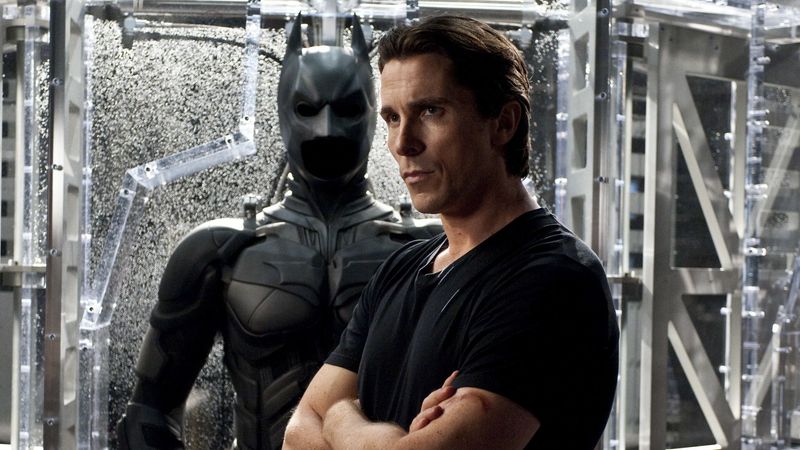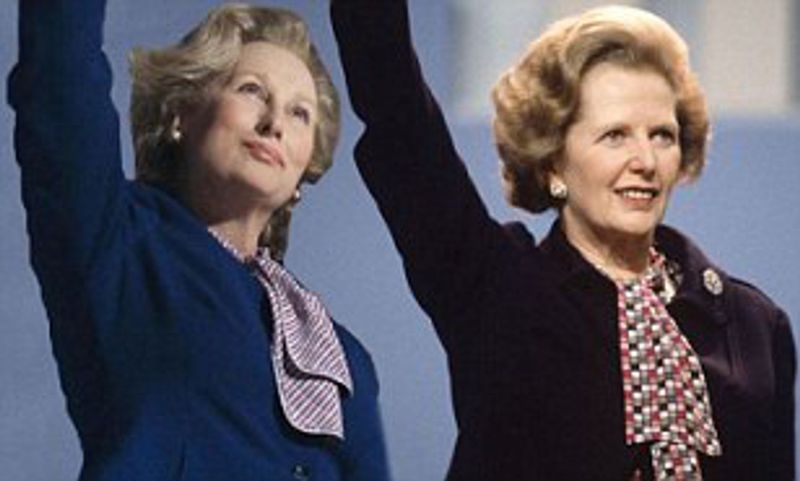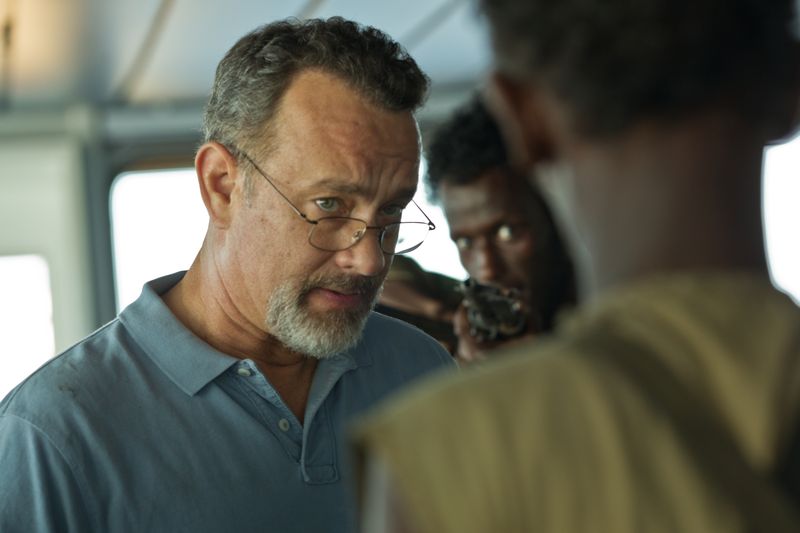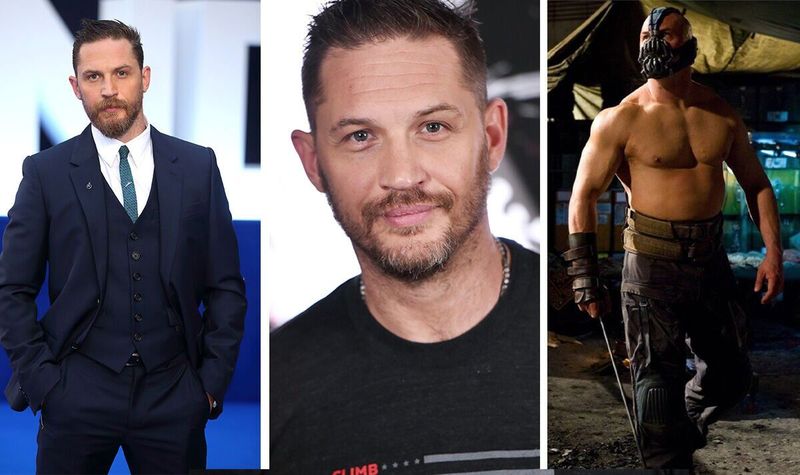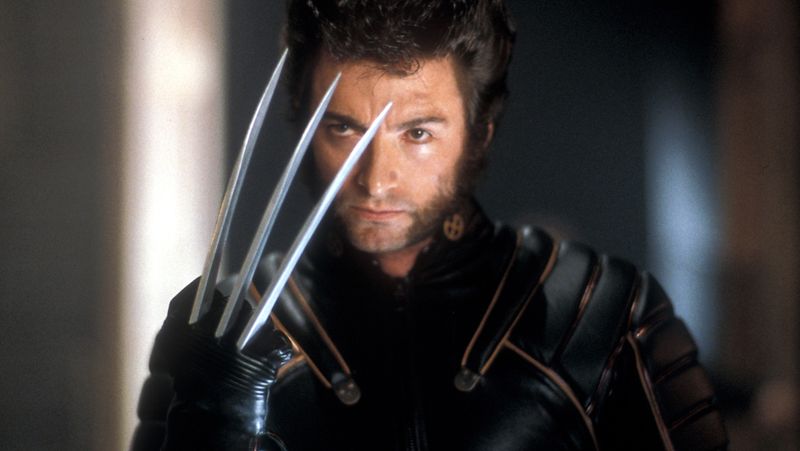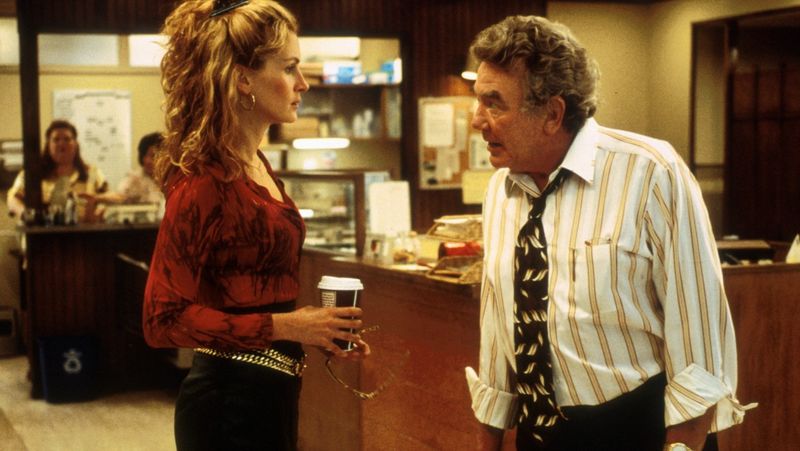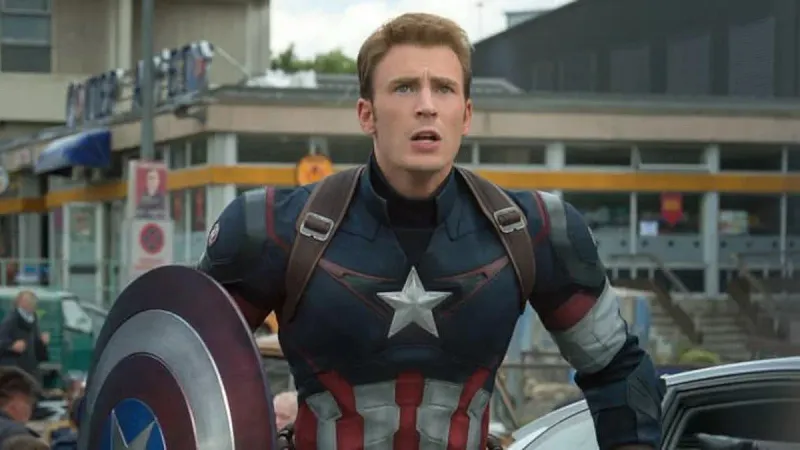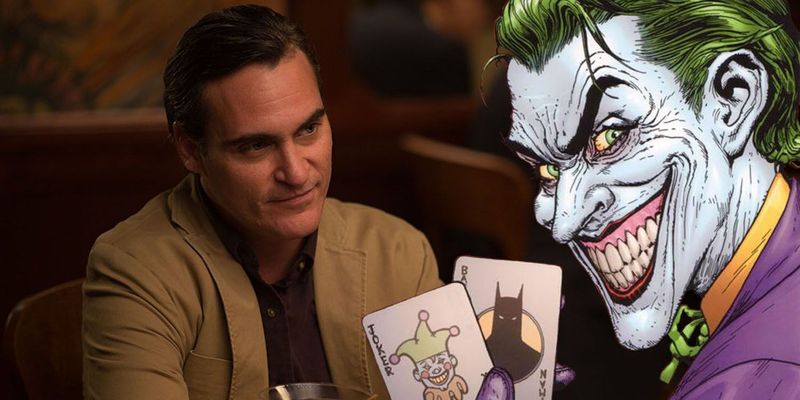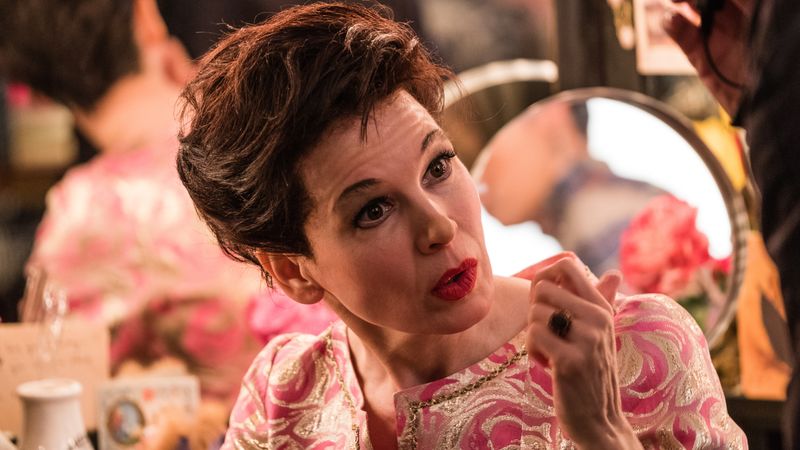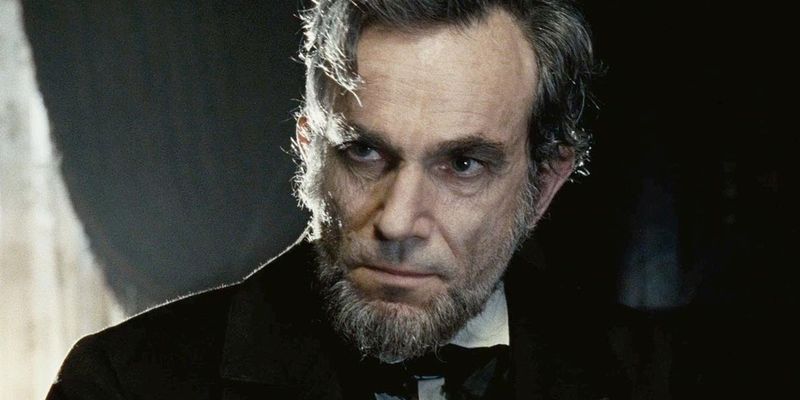Casting choices in films can spark intense debates among fans, critics, and industry insiders. These decisions can significantly influence a movie’s success and cultural impact.
From iconic roles that defined careers to controversial choices that sparked outrage, the history of cinema is filled with casting decisions that have been hotly debated.
Here’s a look at 29 of the most significant casting debates in cinematic history.
1. Heath Ledger as The Joker
Heath Ledger’s portrayal of The Joker in “The Dark Knight” was initially met with skepticism. Many fans couldn’t picture the actor, known for romantic roles, as the villainous clown.
Ledger’s transformative performance, however, shattered expectations and earned him a posthumous Oscar. His take on the character was dark, unpredictable, and haunting.
This casting debate centers on the risk and reward of casting against type, ultimately proving that bold choices can redefine characters and leave a lasting legacy. Ledger’s Joker remains iconic in cinematic history.
2. Marlon Brando as Vito Corleone
Marlon Brando’s casting as Vito Corleone in “The Godfather” was a pivotal decision. Known for his method acting, Brando was considered a risky choice due to past controversies.
His performance, however, was transformative. Brando embodied the character with nuance and gravitas, setting a new standard for film acting.
The casting debate underscored the power of innovative performances in shaping cinematic history. Brando’s Vito Corleone remains an iconic figure, illustrating the profound impact of bold casting decisions.
3. Daniel Craig as James Bond
When Daniel Craig was cast as James Bond, fans were divided. Known for his rugged, blonde appearance, Craig broke the mold of the traditional suave, dark-haired Bond.
The debate raged on, questioning if he could fill the shoes of his predecessors. However, Craig’s performance brought a gritty, physical edge to the character.
His debut in “Casino Royale” silenced critics, revitalizing the franchise. Craig’s Bond became a new standard, blending charm with raw intensity. This casting choice showcased the evolving nature of iconic characters.
4. Michael Keaton as Batman
In 1989, Michael Keaton was a surprising choice for Batman. Known for comedic roles, his casting was met with skepticism. Fans doubted he could embody the dark, brooding hero.
Keaton’s performance, however, was a revelation. He balanced Bruce Wayne’s charm with Batman’s intensity, setting a new standard for the character.
The casting debate underscored the challenge of shifting an actor’s image. Keaton’s success paved the way for future actors to explore Batman’s complex duality, proving that unconventional choices can succeed.
5. Scarlett Johansson as Major in Ghost in the Shell
Scarlett Johansson’s casting as Major in “Ghost in the Shell” sparked controversy over whitewashing. Fans of the original manga expected an actress of Asian descent.
The debate highlighted the industry’s need for diverse representation and respect for source material. Johansson’s performance, while praised for action sequences, couldn’t escape the criticism.
This casting choice ignited discussions about cultural authenticity in Hollywood. The controversy remains a pivotal example of the challenges in adapting beloved stories for a global audience.
6. Ben Affleck as Batman
Ben Affleck’s casting as Batman in “Batman v Superman: Dawn of Justice” surprised fans. Known for a mix of drama and action roles, many doubted his ability to embody the iconic hero.
Affleck’s portrayal was intense and brooding, bringing a seasoned, weary perspective to Batman. Despite mixed reviews, his performance found a niche audience.
The debate underscored the challenge of meeting fan expectations while reinventing a character. Affleck’s Batman added depth to the cinematic universe, illustrating the complexities of casting beloved roles.
7. Johnny Depp as Willy Wonka
Johnny Depp’s take on Willy Wonka in “Charlie and the Chocolate Factory” divided audiences. Known for his eccentric roles, Depp’s portrayal was whimsical yet bizarre.
Fans of the original Gene Wilder version were skeptical, expecting a similar charm. Depp’s Wonka was more eccentric, introducing a darker, peculiar edge.
This casting debate highlighted the challenges of reimagining classic characters. While some appreciated the fresh take, others longed for the nostalgia of the past. Depp’s performance remains a unique interpretation of Roald Dahl’s creation.
8. Anne Hathaway as Catwoman
Anne Hathaway’s casting as Catwoman in “The Dark Knight Rises” was questioned by fans. Known for her romantic roles, many doubted her ability to portray a fierce, agile anti-heroine.
Hathaway’s performance, however, was a pleasant surprise. She brought depth, intelligence, and athleticism to Selina Kyle’s character.
This casting choice emphasized the potential for actors to break typecasting. Hathaway’s Catwoman was multifaceted, contributing to the film’s success and leaving a lasting impression on the audience.
9. Tom Cruise as Jack Reacher
Tom Cruise’s casting as Jack Reacher raised eyebrows among fans of the book series. Known for his shorter stature, Cruise didn’t match the towering description of the character.
The debate revolved around physical authenticity versus star power. Despite initial skepticism, Cruise delivered a compelling performance with intense action sequences.
This casting choice highlighted the balance between staying true to source material and capturing a broader audience. Cruise’s Reacher, while different from the books, showcased his ability to carry a franchise.
10. Emma Watson as Belle
Emma Watson’s casting as Belle in Disney’s live-action “Beauty and the Beast” was met with excitement and scrutiny. Known for her role as Hermione Granger, fans hoped she could capture Belle’s spirit.
Watson brought a modern, empowered touch to the character, emphasizing intelligence and independence. Her performance resonated with audiences, blending nostalgia with a fresh perspective.
This casting debate highlighted the challenge of revamping beloved animated characters. Watson’s portrayal bridged generations, celebrating the timeless magic of Disney storytelling.
11. Robert Pattinson as Bruce Wayne
Robert Pattinson’s casting as Bruce Wayne in “The Batman” sparked debate among fans. Known for his role in the “Twilight” series, many questioned his ability to embody the iconic hero.
Pattinson’s performance, however, aimed to redefine the character with a fresh, introspective approach. The debate focused on his transition from teen heartthrob to a dark, complex figure.
This casting choice underscored the evolving expectations for Batman’s portrayal. Pattinson’s take promises to explore new dimensions, challenging preconceived notions and adding depth to the cinematic saga.
12. Matt Damon as Jason Bourne
Matt Damon’s casting as Jason Bourne was initially met with skepticism. Known for dramatic roles, fans doubted his ability to carry an action franchise.
Damon’s portrayal, however, was a game-changer. He brought depth and authenticity to the character, combining intense action with emotional nuance.
The casting debate highlighted the importance of character development in action films. Damon’s Bourne redefined the genre, setting a new standard for intelligence and realism. His performance solidified the role as one of the most iconic in cinematic history.
13. Tilda Swinton as The Ancient One
Casting Tilda Swinton as The Ancient One in ‘Doctor Strange’ was a bold move that diverged from the original Asian male character in the comics. This decision led to discussions about diversity and representation in films.
Swinton’s performance was praised for its grace and strength, bringing a new dimension to the character. However, the casting choice raised questions about Hollywood’s tendency to alter ethnicities of characters.
This casting sparked a broader conversation about the importance of cultural authenticity, urging filmmakers to be more mindful of their casting choices.
14. Harrison Ford as Han Solo
Harrison Ford’s casting as Han Solo was a pivotal moment in cinematic history. Initially an unknown actor, Ford brought charm and charisma to the iconic role.
The debate centered on whether a relatively inexperienced actor could embody such a crucial character. Ford’s performance silenced critics, becoming synonymous with the Star Wars legacy.
This casting choice exemplified the potential of discovering new talent. Ford’s Han Solo remains a beloved figure, illustrating the magic of perfect casting in defining a franchise’s success.
15. Jennifer Lawrence as Katniss Everdeen
Jennifer Lawrence’s casting as Katniss Everdeen in “The Hunger Games” sparked discussions among fans. Known for her indie film roles, some doubted her ability to capture the character’s intensity.
Lawrence’s performance, however, was a triumph. She brought depth, strength, and vulnerability to Katniss, resonating with audiences.
This casting debate highlighted the significance of representation and empowerment in young adult adaptations. Lawrence’s portrayal became a defining role, illustrating the impact of strong, relatable characters in shaping cultural narratives.
16. Leonardo DiCaprio as J. Edgar Hoover
Leonardo DiCaprio’s casting as J. Edgar Hoover in “J. Edgar” was met with anticipation and doubt. Known for his versatility, fans questioned if he could embody the complex historical figure.
DiCaprio’s performance was a nuanced portrayal, capturing Hoover’s ambition and vulnerability. The debate focused on the challenges of portraying real-life figures with authenticity.
This casting choice underscored the importance of research and dedication in biographical films. DiCaprio’s Hoover was a testament to his ability to deliver compelling, transformative performances.
17. Anthony Hopkins as Hannibal Lecter
Anthony Hopkins’ casting as Hannibal Lecter in “The Silence of the Lambs” was a game-changer. Known for his dramatic prowess, Hopkins brought chilling intensity to the role.
The debate focused on whether he could capture the character’s menacing charm. His portrayal became iconic, earning him an Academy Award.
This casting choice highlighted the power of a compelling antagonist in film. Hopkins’ Lecter remains a benchmark for psychological horror, illustrating the impact of perfect casting in defining a film’s legacy.
18. Charlize Theron as Aileen Wuornos
Charlize Theron’s casting as Aileen Wuornos in “Monster” was initially met with doubt. Known for her glamorous roles, some questioned her ability to portray the notorious serial killer.
Theron’s transformative performance, however, silenced critics. She captured Wuornos’ complexity with raw authenticity, earning an Oscar.
This casting debate emphasized the power of transformation in film. Theron’s dedication to the role illustrated the potential for actors to defy expectations, breaking free from typecasting to deliver groundbreaking performances.
19. Will Smith as Genie
Will Smith’s casting as Genie in “Aladdin” was met with a mix of excitement and skepticism. Known for his charismatic presence, fans wondered if he could fill Robin Williams’ shoes.
Smith’s performance brought a fresh, energetic take on the beloved character, blending humor with heartfelt moments. The debate focused on the balance between honoring past performances and introducing new interpretations.
This casting choice highlighted the challenges of reimagining iconic roles. Smith’s Genie provided a unique blend of nostalgia and modern flair, resonating with new and old audiences alike.
20. Christian Bale as Batman
Christian Bale’s casting as Batman in “The Dark Knight” trilogy was initially met with doubt. Known for intense, dramatic roles, some questioned his ability to portray the iconic superhero.
Bale’s performance defied expectations, bringing depth and complexity to Batman’s character. His portrayal set a new standard, blending realism with mythic elements.
This casting debate underscored the importance of character development in superhero films. Bale’s Batman became a defining role, illustrating the impact of nuanced portrayals in redefining classic heroes.
21. Meryl Streep as Margaret Thatcher
Meryl Streep’s casting as Margaret Thatcher in “The Iron Lady” was both anticipated and scrutinized. Known for her versatility, Streep faced the challenge of portraying the controversial political figure.
Her performance was a masterclass in acting, capturing Thatcher’s strength and vulnerability. The debate focused on the authenticity and depth required in biographical portrayals.
This casting choice highlighted the power of dedicated research and transformation. Streep’s Thatcher remains a testament to her ability to inhabit complex characters, earning her numerous accolades.
22. Tom Hanks as Captain Phillips
Tom Hanks’ casting as Captain Phillips was met with high expectations. Known for his relatable, everyman roles, Hanks was expected to deliver authenticity and depth.
His performance was compelling, capturing the tension and humanity of the real-life hijacking. The debate centered on Hanks’ ability to convey the emotional gravity of the situation.
This casting choice underscored the importance of empathy and realism in historical dramas. Hanks’ portrayal remains a powerful example of his ability to connect with audiences, bringing true stories to life.
23. Tom Hardy as Bane
The casting of Tom Hardy as Bane in ‘The Dark Knight Rises’ was met with skepticism by some fans. Known for his versatile acting, Hardy faced the challenge of portraying a physically imposing character. His transformation into the masked villain silenced many doubters as he delivered a powerful performance.
Hardy’s Bane was a departure from the comic book portrayal, emphasizing intelligence over brute force. The decision to cast Hardy highlighted director Christopher Nolan’s confidence in his ability to bring depth to the role.
Ultimately, Tom Hardy’s portrayal of Bane was praised for its complexity, adding a new dimension to the Batman villain and proving that unexpected casting choices can lead to remarkable performances.
24. Hugh Jackman as Wolverine
Hugh Jackman’s casting as Wolverine initially surprised fans. Known for his stage work, his physicality and intensity were questioned.
Jackman’s portrayal, however, became iconic. He brought ferocity and depth to the character, setting a new standard for superhero roles.
This casting debate highlighted the potential for actors to redefine characters, transcending initial skepticism. Jackman’s Wolverine remains a beloved figure, illustrating the power of dedicated performances in shaping cinematic legacies.
25. Julia Roberts as Erin Brockovich
Julia Roberts’ casting as Erin Brockovich was met with intrigue. Known for her charismatic roles, some doubted her ability to capture the grit of the real-life figure.
Roberts’ performance, however, was a revelation. She embodied Brockovich’s tenacity and vulnerability, earning an Oscar for her work.
This casting choice underscored the importance of authenticity and relatability in portraying real-life stories. Roberts’ portrayal remains a benchmark for biographical films, showcasing the impact of strong, empathetic performances.
26. Chris Evans as Captain America
Chris Evans’ casting as Captain America was initially met with skepticism. Known for comedic roles, fans questioned if he could embody the iconic superhero.
Evans’ performance, however, defied expectations. He brought sincerity, strength, and depth to the character, becoming a fan favorite.
This casting debate emphasized the potential for actors to evolve within superhero franchises. Evans’ Captain America became a defining role, illustrating the power of nuanced portrayals in resonating with audiences globally.
27. Joaquin Phoenix as Joker
Joaquin Phoenix’s casting as Joker was a bold choice. Known for his intense, transformative roles, Phoenix brought a unique depth to the character.
His performance was haunting and compelling, earning critical acclaim and an Oscar. The debate focused on redefining a character with a storied cinematic history.
This casting choice highlighted the power of innovative performances in reinvigorating classic roles. Phoenix’s Joker became a cultural phenomenon, illustrating the impact of daring, complex portrayals in modern cinema.
28. Renee Zellweger as Judy Garland
Renee Zellweger’s casting as Judy Garland in “Judy” was met with both anticipation and doubt. Known for her versatility, fans hoped she could capture Garland’s essence.
Zellweger’s performance was a poignant tribute, capturing the struggles and triumphs of the legendary singer. The debate focused on the challenges of portraying real-life icons with sensitivity.
This casting choice underscored the importance of empathy and dedication in biographical films. Zellweger’s Judy remains a testament to her ability to deliver powerful, transformative performances.
29. Daniel Day-Lewis as Abraham Lincoln
Daniel Day-Lewis’ casting as Abraham Lincoln in “Lincoln” was met with high expectations. Known for his method acting, fans anticipated a transformative performance.
Day-Lewis delivered a masterful portrayal, capturing Lincoln’s wisdom and humanity. The debate focused on the authenticity and depth required in historical roles.
This casting choice highlighted the potential for actors to embody real-life figures with unparalleled dedication. Day-Lewis’ Lincoln remains a benchmark for biographical films, showcasing the power of immersive, nuanced performances in bringing history to life.
